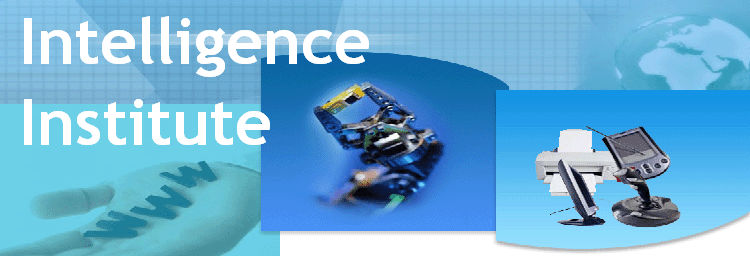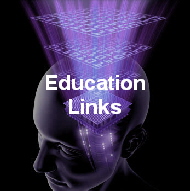|
History of Knowledge Management
KM efforts have a long history, to include on-the-job discussions, formal apprenticeship, discussion forums, corporate libraries, professional training and mentoring programs. More recently, with increased use of computers in the second half of the 20th century, specific adaptations of technologies such as knowledge bases, expert systems, knowledge repositories, group decision support systems, intranets, and computer supported cooperative work have been introduced to further enhance such efforts.[1]
In 1999, the term personal knowledge management was introduced which refers to the management of knowledge at the individual level (Wright 2005).
In terms of the enterprise, early collections of case studies recognized the importance of knowledge management dimensions of strategy, process, and measurement (Morey, Maybury & Thuraisingham 2002). Key lessons learned included: people, and the cultures that influence their behaviors, are the single most critical resource for successful knowledge creation, dissemination, and application; cognitive, social, and organizational learning processes are essential to the success of a knowledge management strategy; and measurement, benchmarking, and incentives are essential to accelerate the learning process and to drive cultural change. In short, knowledge management programs can yield impressive benefits to individuals and organizations if they are purposeful, concrete, and action-oriented.
More recently with the advent of the Web 2.0, the concept of knowledge management has evolved towards a vision more based on people participation and emergence. This line of evolution is termed Enterprise 2.0 (McAfee 2006). However, there is an ongoing debate and discussions (Lakhani & McAfee 2007) as to whether Enterprise 2.0 is just a fad that does not bring anything new or useful or whether it is, indeed, the future of knowledge management (Davenport 2008).
|













